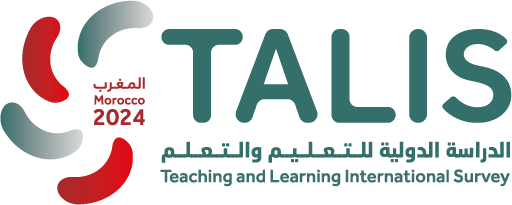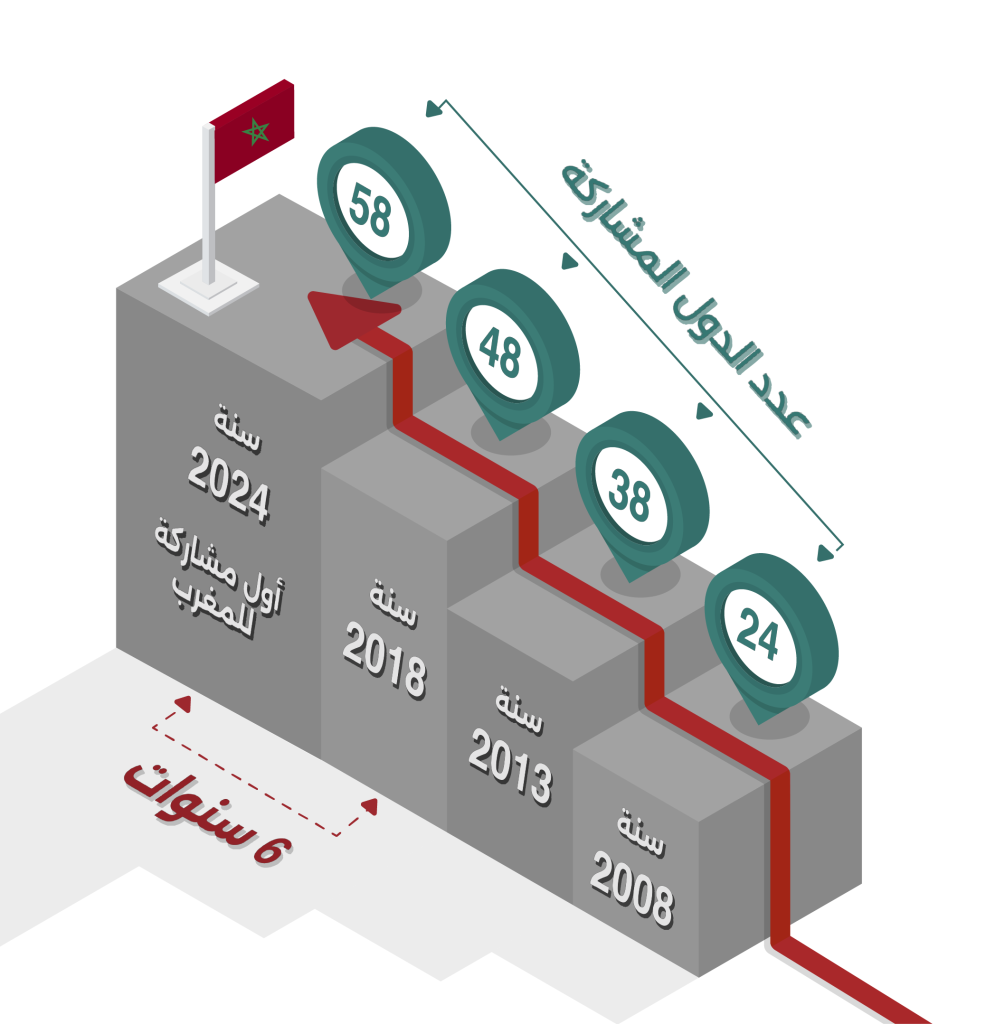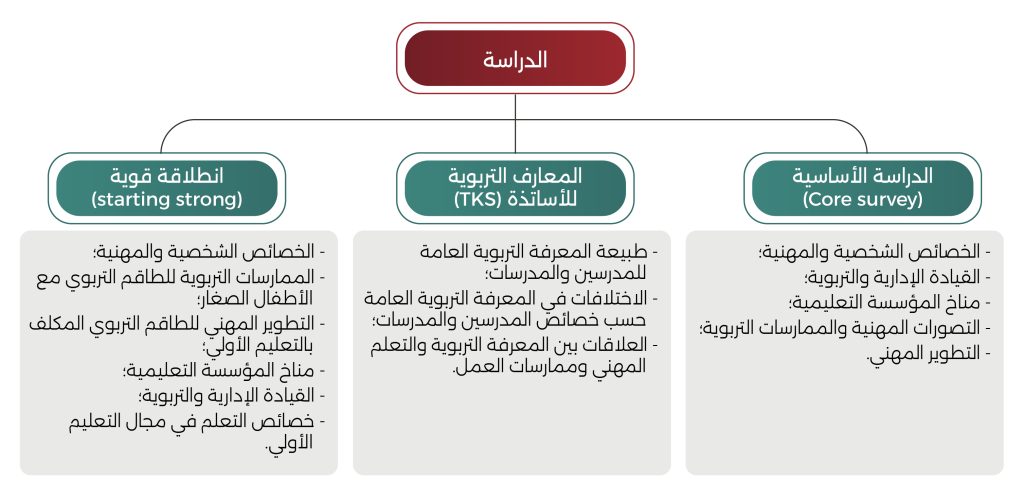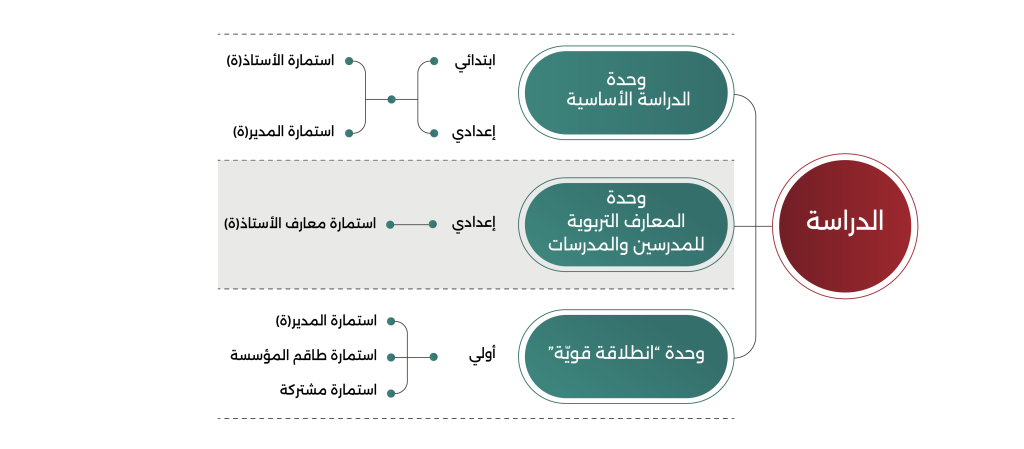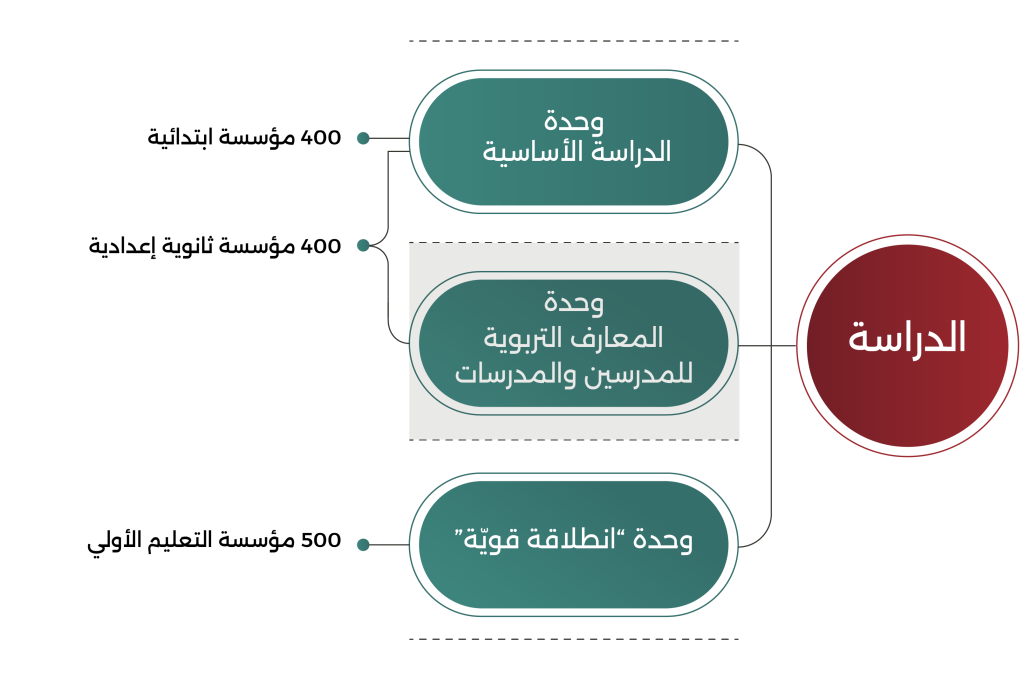The Teaching and Learning International Survey (TALIS) is led by the Organisation for Economic Co-operation and Development (OECD) in partnership with participating countries, international teachers’ unions, recognized research centers in the field of education and vocational training, as well as the European Commission. It is the largest international study dedicated to teachers and their working conditions. This survey allows for a comparison of the education systems of participating countries by providing teachers and school principals with the opportunity to express their views on their teaching practices and professional conditions. A large amount of data is collected through questionnaires filled out by teachers and school principals.
For the first time, Morocco is participating, alongside more than fifty countries, in this international study on teaching and learning, led by the OECD, with joint leadership between the National Body for Evaluation under the Higher Council for Education, Training, and Scientific Research, and the Ministry of National Education, Preschool, and Sports.
